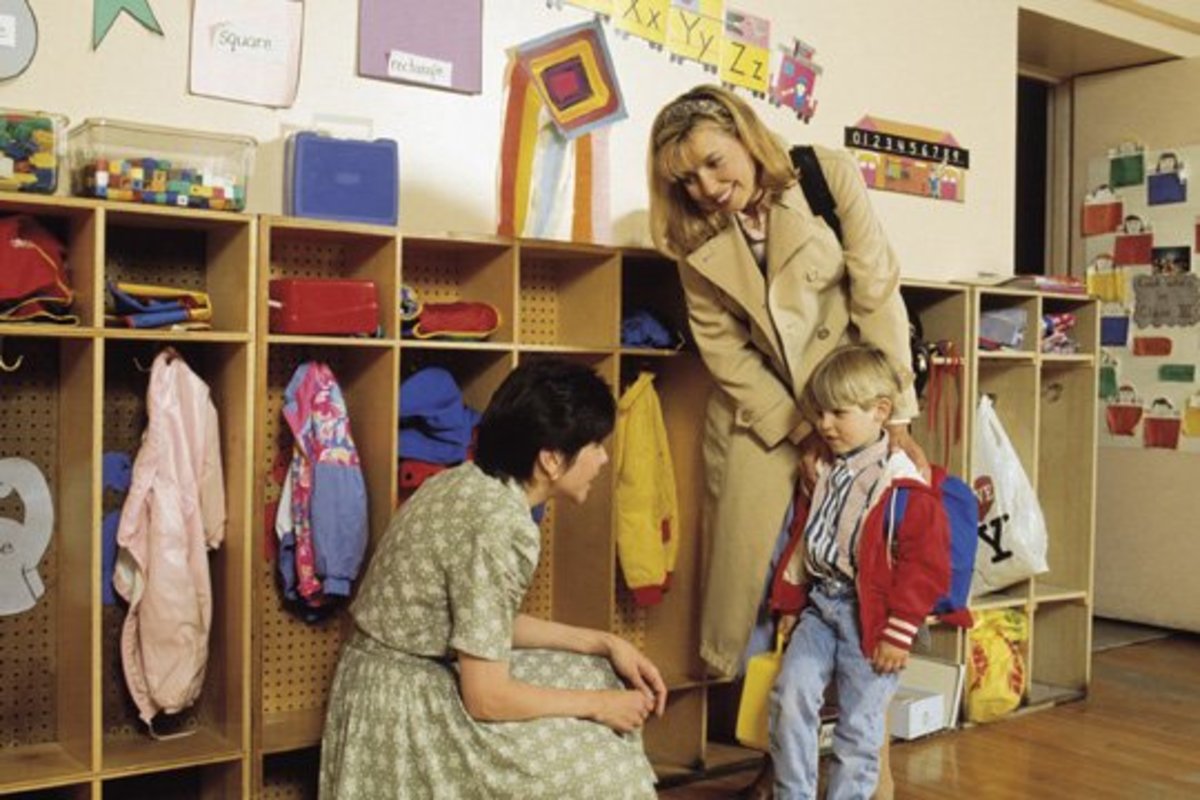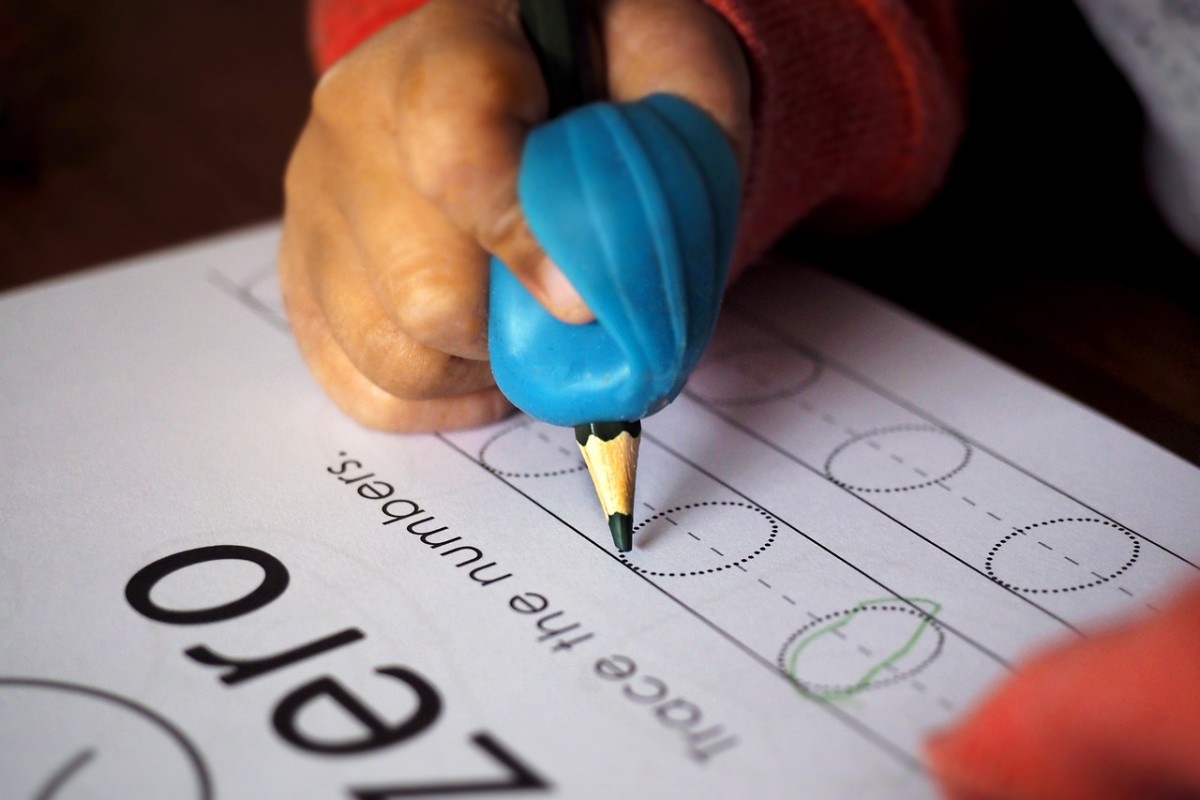Starting Boys at School Later
A Late Starter
My son was born in early April, which in Australia meant that he would be starting his pre-school kindergarten year at just three years of age. In this country children start school at around four or five, with a legal requirement that they must have already turned at least four before April 30th of their starting year. Like many parents, I sent my son to kindergarten the year before he was legally able to start school, despite the fact that he seemed very young, at three.
For the first couple of weeks he didn't seem altogether comfortable there and I asked the kindergarten teacher to keep a particular eye on him. She noticed he wasn't mixing it in 100 percent with the other children but rather, preferred to hang around on the outer perimeter of the social group, watching but not fully participating. Concerned, the teacher arranged for an experienced observer from the Education Department to come out and watch him for a day and her recommendation was that I remove him from kindergarten and start him again a year later, which I did.


No Regrets
It's a decision neither he or I have ever regretted, despite the fact that it meant he started school a year later than he had to. When he finally did attend kindergarten at four, he took to it like a duck to water and ended up being the most popular boy in his year. The simple fact was that a year earlier, he just hadn't been ready to start the long educational journey and needed another year to racket around at home.
My young son wasn't alone, as, since research emerged in the 1980s, there has been much community discussion suggesting that boys in particular, may be better starting school a year later. Girls, it seems, are better able to cope with starting school at a very young age than boys. Of course much will depend on the individual child - some may be ready, some not but perhaps the biggest barrier to a later start is the parents enthusiasm to get their child off and racing on the school treadmill. However starting a boy at school later should not be seen as a disadvantage and in fact, evidence suggests it's quite the reverse.

School Readiness
Historically in Australia, the chief deciding factor for school readiness has been age and there has been little consideration for emotional maturity, level of development, individual experience etc.. For generations, Victorian schoolchildren have been sent off to start school if they turned four before April 30, (although it used to be June and varies from State to State).
Interestingly in Sweden, Finland and Norway, children routinely star school at seven, which suggest an entirely different cultural perspective on what 'school readiness' actually means. Although many parents are fearful of their children lagging behind in the educational stakes in a highly competative world and some are demanding more structured learning in day care centres or are 'hot housing' them with educational play in the pre-school, home years, is it possible they may be neglecting the importance of unstructured play in preparing a child for school learning?
Some early childhood educators think so and suggest that traits like social competence, motor coordination and emotional and physical health are more important factors in school readiness than being able to count to fifty or recognize a range of words. But what of boys in particular? A well-known and much cited 1984 study suggested that boys are more likely not to be ready for school than girls :
Boys expressed themselves less clearly and had more difficulty writing their names,
recognising numbers and letters and tying their shoelaces. Similarly, it tends to be boys who are still having difficulties in adjustment at the end of their second year of school~ Discussion Paper, School Readiness, NSW Parenting Centre
More recently, a longitudinal study of Australian schoolchildren - Growing up in Australia by Dr Ben Edwards of the Australian Institute of Family studies concluded two things relevant to this topic:
- Entry age matters more to boys than girls
- Males benefit more from going to school older than females on verbal outcomes
An interesting podast featuring Ben Edwards discussing school starting age can be found here.
A Big Step
The transition from home to school is a very big one for young children and I suspect there is no hard and fast rule but rather depends on each child and their individual readiness. Parents, who presumably know their own child better than anyone else, will most likely have an instinctive feel for whether or not their child is ready.
I would add though - and it's an opinion formed from my own experience, that parents should not be put off from delaying school entry if the child isn't quite ready. Unless you boy is champing at he bit to start school, there's no real disadvantage to starting a year later and if a child is not ready, difficulties may surface later on...and anyway, what's the hurry?








